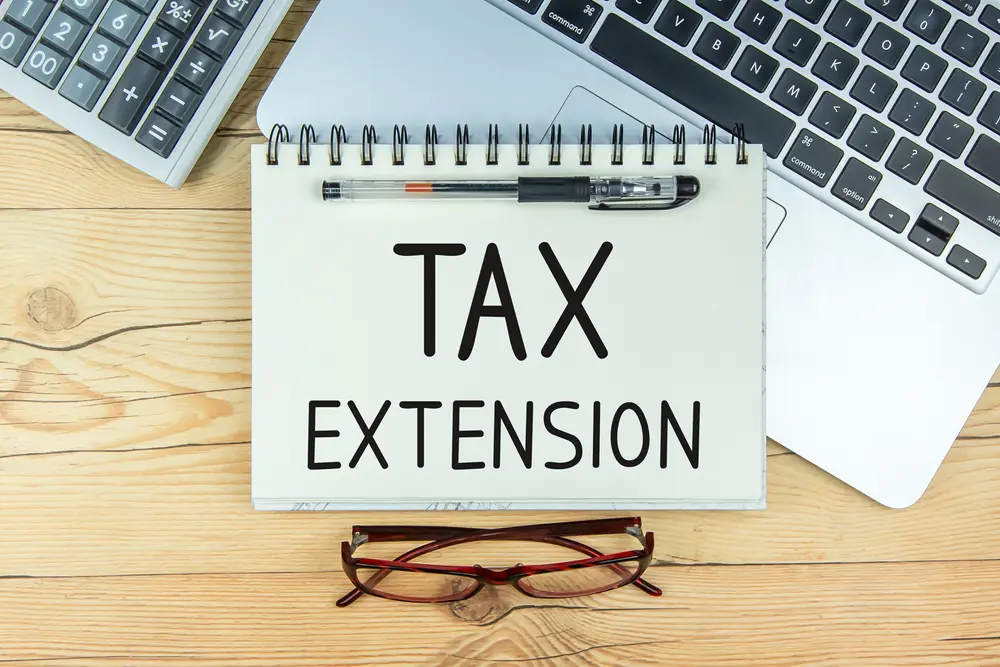The Benefits of Extending Your Taxes
In the whirlwind of life, the annual tax deadline can sneak up on anyone. Despite the static April 15 Tax Day in the United States, a considerable number of taxpayers find themselves in a last-minute rush to gather their financial documents. Recognizing this, the Internal Revenue Service (IRS) offers a safety net: the option to file for a tax extension, granting individuals and businesses until October 15 to prepare their returns. This article explores the myriad benefits of leveraging this provision.
Understanding Tax Extensions
A tax extension allows taxpayers additional time to file their tax returns without incurring penalties for late filing. It’s a straightforward process: individuals fill out Form 4868, while businesses use Form 7004. The IRS does not require a reason for the extension, making it an accessible option for all, regardless of their circumstances.
Who Can Benefit?
Anyone can apply for a tax extension, offering a universal solution for those needing more time. This includes individual taxpayers, businesses, and corporations. Whether you’re dealing with incomplete information, out of town, or facing a major life event, an extension can provide the breathing room needed to ensure your tax return is accurate and optimized.
Advantages of Filing an Extension
Stress Reduction: The additional months can significantly lower the stress associated with tax season, allowing taxpayers to compile their documents methodically and avoid the frantic rush against the deadline.
Avoiding Penalties: By filing an extension, you dodge the failure-to-file penalties, which can be hefty. However, it’s crucial to remember that the extension is for filing, not paying. If you owe taxes, it’s recommended to estimate and pay the amount by the original deadline to avoid interest and late payment penalties.
Opportunity for Accuracy: With more time, you can thoroughly review your tax return. This is especially beneficial if retroactive tax law changes occur, allowing you to incorporate these changes without needing to amend your return later.
Potential Audit Benefits: Some tax professionals suggest that extending your filing period may reduce the likelihood of an audit, though this is speculative and not confirmed by the IRS.
When Not to File for an Extension
It’s important to note that an extension to file isn’t an extension to pay. If you expect to owe taxes, it’s best to pay by the original deadline to avoid additional charges. Extensions are more suited for those needing more time to file, not for those unable to pay their tax bill.
How to File for an Extension
Filing for an extension is a simple process that can be done electronically or on paper. Reach out today to our Tax Team to file this extension, ensuring you meet the deadline without hassle.
Conclusion
Filing for a tax extension can be a strategic move for many taxpayers. It provides additional time to ensure your tax return is complete and accurate, potentially saving you from costly mistakes and penalties. Whether you’re an individual or a business, the flexibility offered by an extension can be invaluable, allowing you to navigate tax season with confidence and precision.

